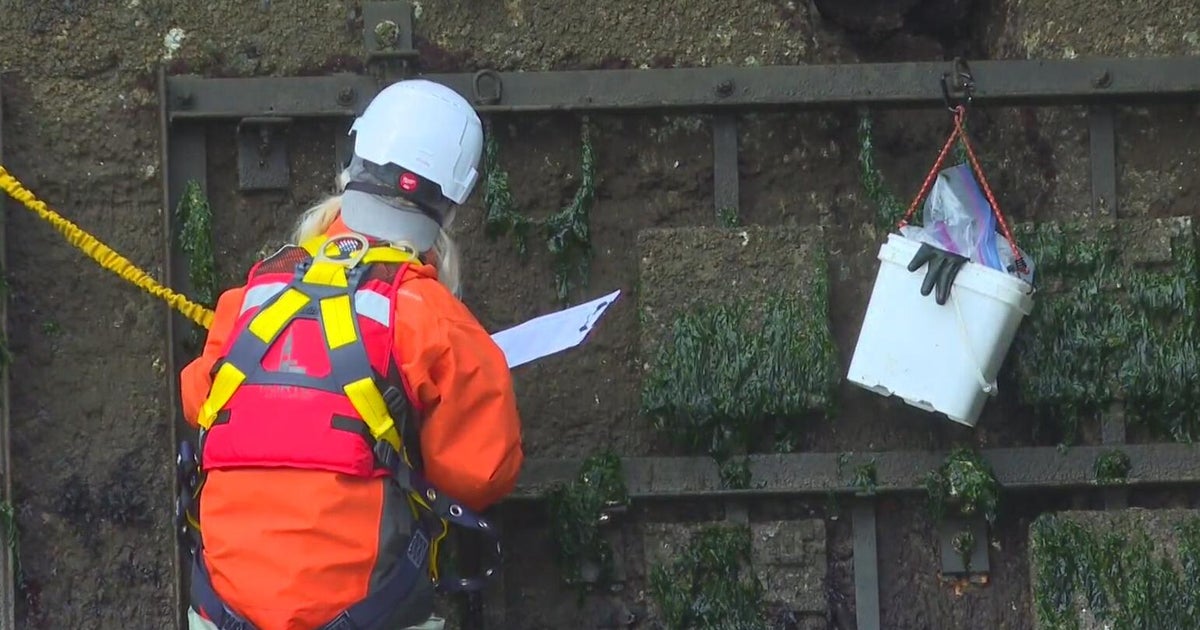Appeals Court Upholds SF's Ranked-Choice Voting
SAN FRANCISCO (CBS / AP) -- The 9th U.S. Circuit Court of Appeals on Friday upheld a lower court's ruling that San Francisco's "instant runoff" elections are constitutional.
San Francisco voters approved the new election tabulation process in 2002 and the city used it for the first time in 2004. Since then, several jurisdictions have adopted instant runoff processes, including Minneapolis; Aspen, Colo.; Pierce County, Wash.; and Oakland, San Leandro and Berkeley. Memphis and Portland, Maine, will be first-time users of the system this year.
The appeals court ruling is law only in the nine western states governed by the San Francisco-based 9th Circuit, though its ruling can be cited by other courts.
Under San Francisco's system, voters rank their top three choices for each office. If a candidate fails to garner more than 50 percent of the first place votes, the third place finisher is eliminated from the race. The second-choice votes on the eliminated ballots are then added to the remaining candidates' results.
Voters don't rank all the candidates in every race because of technological limitations.
Ron Dudum, an unsuccessful Board of Supervisors candidate, challenged the system, arguing that the three-choice limit disenfranchises voters in elections with more candidates.
The appeals court said all voters participate under the same rules and the system places little burden, if any, on voters' constitutional rights.
"All voters can rank up to three choices on a single ballot, cast those ballots at the same time, and have their preferences calculated in the same manner," Judge Marsha Berzon wrote for the unanimous three-judge panel.
The instant runoff system replaced San Francisco's traditional runoff election that required a second election when no candidate garnered more than 50 percent of the vote. City officials said each traditional runoff election cost the city between $1.5 million and $3 million.
Berzon said the cost savings is a legitimate government goal that also justifies the new system.
She also said the instant-runoff election further "advances the city's legitimate interests in providing voters an opportunity to express nuanced voting preferences and electing candidates with strong plurality support."
Some political scientists oppose the system because of the potential for odd results, including a scenario where a candidate with the most first-place votes still loses the election.
That's what happened in Oakland last year when Don Perata garnered 35 percent of the first-place votes to Jean Quan's 24 percent. Quan was declared the winner after an instant runoff election left her with 51 percent of the vote to Perata's 49 percent.
(Copyright 2011 by CBS San Francisco. All Rights Reserved. This material may not be published, broadcast, rewritten, or redistributed. Wire services may have contributed to this report.)



